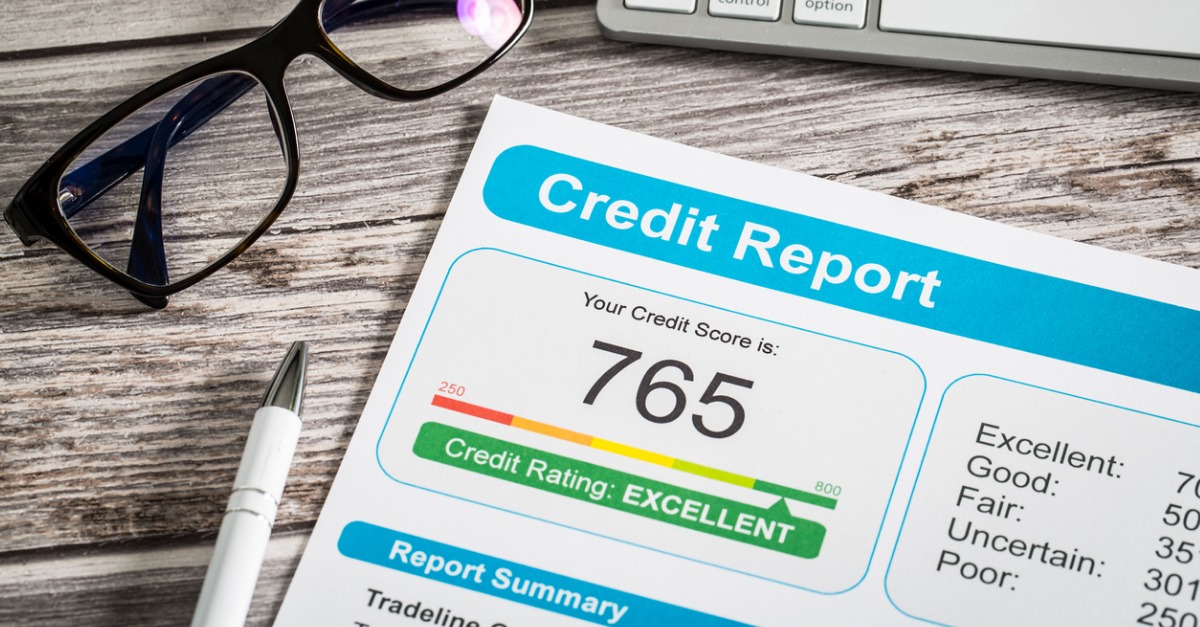
Rapid Rescoring for a Faster Home Loan
Home shoppers who haven’t checked their credit report months before applying for a home loan may be in for a shock when they visit a loan officer. A host of problems could pop up: Their credit score could be a little too low to qualify for the best rate on a mortgage, they’re using a high percentage of their credit, or a credit card payment they sent on time is shown by the creditor as arriving late.
A rapid rescore can help if you’re in the middle of the process of buying a house. And it can help with a quick mortgage approval, having a days-long turnaround instead of a month if the issues can be resolved quickly.
How Rapid Rescoring Works
A rapid rescore is a process done by a lender or mortgage broker to quickly fix credit report errors that can hurt a credit score. It’s a process that can only be done by a lender or a company that specializes in rapid rescoring and has access to credit reporting company data that is pulled from credit bureaus.
Rapid rescoring takes 3-5 business days, while consumers who try to improve their credit score by contacting a credit company can spend 30-45 days fixing their credit score. Sometimes it takes that long because a credit service legally has 30 days to respond to a request, which is what they normally take with requests from individuals.
A rapid rescore can raise a credit score by 100 points or more within a few days, but that’s only if the negative information can be cleared from your credit profile quickly.
For example, paying a credit card down so that a credit utilization ratio—your outstanding balances compared to your credit limits—is less than 30 percent, can boost a credit score by 10 points or more. That could be enough to increase a 715 credit score to 725, where a 720 score is the cutoff to get a lower interest rate on a loan.
Fixing credit report inaccuracies is another reason to use a rapid rescore. Having proof that a payment was made on time, for example, when a bank says it wasn’t could be an error worth fixing.
Costs of Rapid Rescoring
The Fair Credit Reporting Act doesn’t allow borrowers to be charged for disputing inaccurate information on their credit report. Rapid rescoring fees are paid by the lender and can cost $20 to $40 per credit account that’s being checked by each credit bureau.
Updating the three major credit bureaus for three or four credit accounts can get expensive. Some lenders may average all three credit scores, while others may just use one credit bureau’s score.
Or, if you want to do it yourself, you can obtain a free copy of your credit report once per year from each of the three major credit bureaus: Equifax, Transunion and Experian. If done a month or more before applying for a home loan, it will give you enough time to review the reports and fix any errors.




